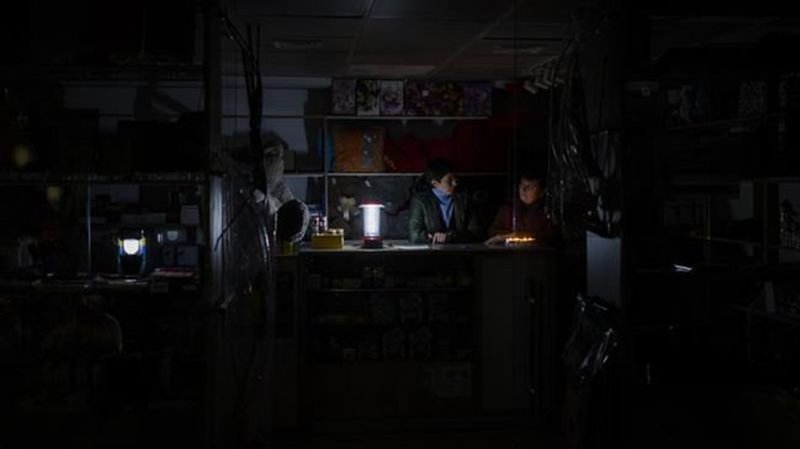
Russians withdrawing from key position in southern Ukraine
KYIV, Ukraine (AP) — Russia’s military has announced that it’s withdrawing from the western bank of the Dnieper River in Ukraine’s southern Kherson region, annexed by Moscow in September.
The top Russian military commander in Ukraine, Gen. Sergei Surovikin, reported to Defense Minister Sergei Shoigu Wednesday that it was impossible to deliver supplies to the city of Kherson and other areas on the western bank, and Shoigu agreed with his proposal to retreat and set up defenses on the eastern bank.
The withdrawal from the city of Kherson is a major setback for Russia — it is the only regional capital Russian forces had seized during the eight-month war.
THIS IS A BREAKING NEWS UPDATE. AP’s earlier story follows below.
